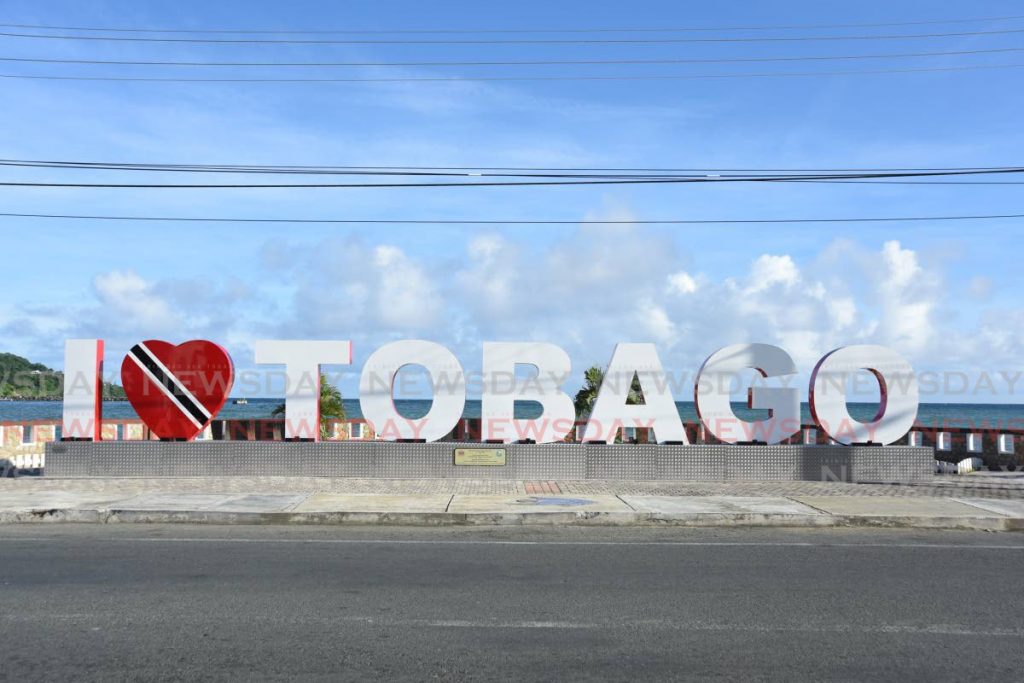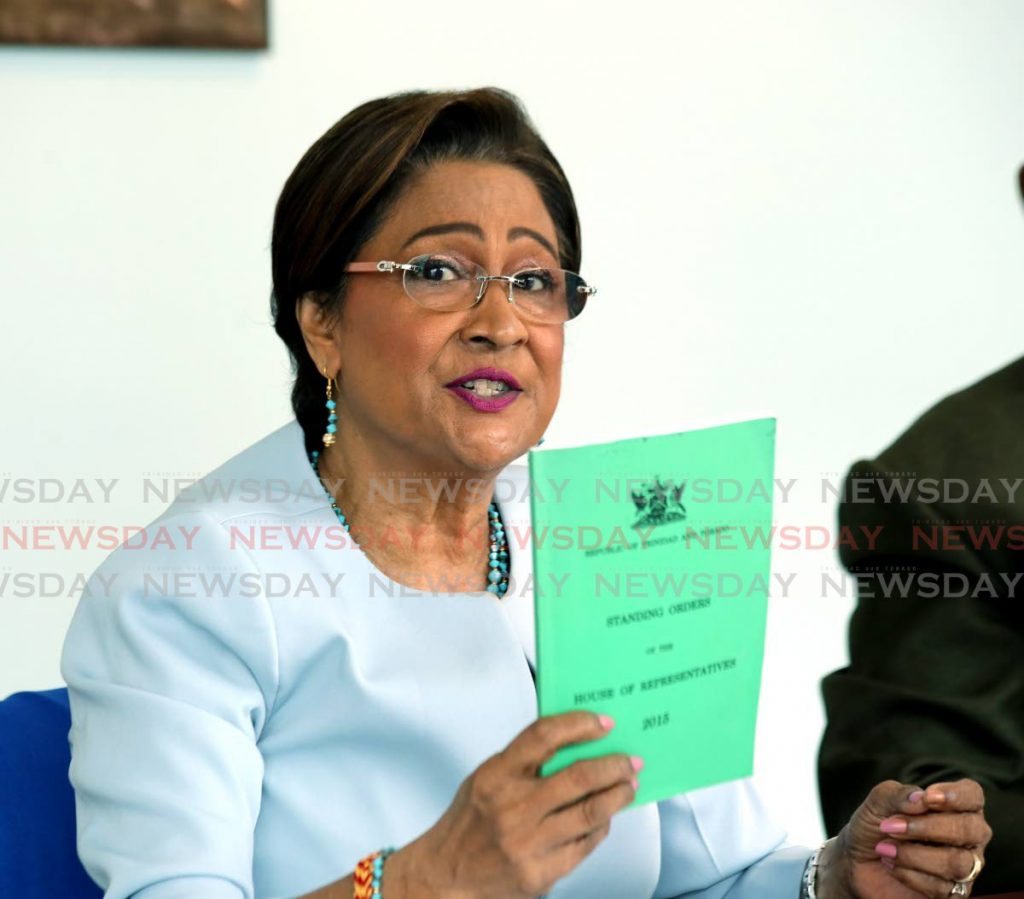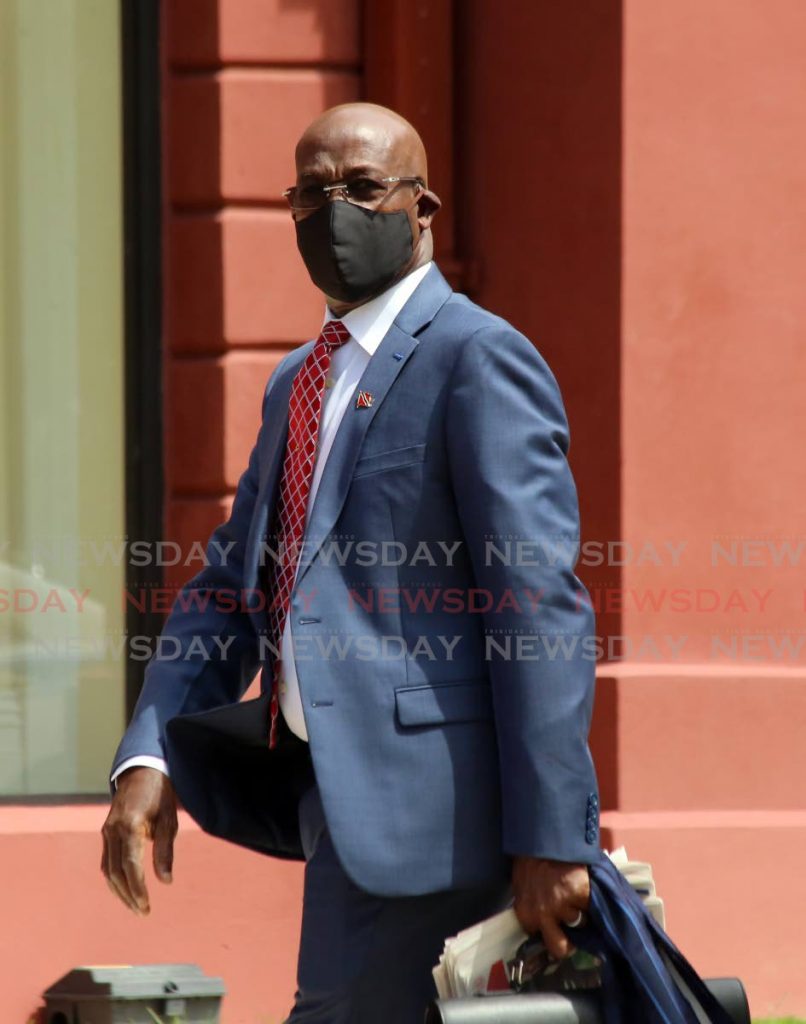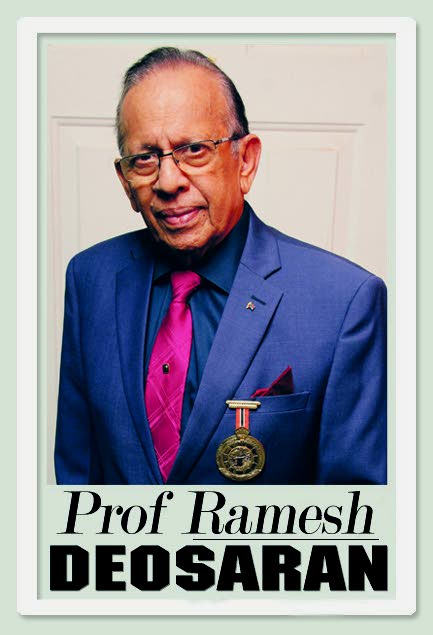Tobago bills: when is equality not equality?

Maybe the current covid19 period is not the best time for a public debate on such bitterly divisive legislation as the two Tobago bills: one, a Constitution (Amendment) Bill for Tobago Self-Government, the other, a Constitution Amendment Bill “to enhance the internal self-government of Tobago.”
The confusing debate adds to the country’s pandemic worries.
Last week’s political upheaval over these bills has a connection with the election shocker by Watson Duke’s People Democratic Party winning six of the 12 House of Assembly seats.
The PM and the PNM no doubt see these bills as a path to political recovery in Tobago. Stakes are high all around.
The complaints by Opposition Leader Kamla Persad-Bissessar and UNC MPs against Speaker Bridgid Annisette-George, Dr Rowley and PNM frontliners really reflect the structure of Parliament itself.

Parliament is effectively governed by the majority party, be it in the House or joint select committees. Social media notes the complaints against the current Speaker are similar to those made by the PNM against Wade Mark when he was Speaker.
When I was in the Senate, I remember then Opposition Leader Basdeo Panday accusing Barry Sinanan of bias, saying, “Barry is the worst Speaker Parliament ever had.”
Who selects the Speaker?
Further, in this big-picture scenario, if the politicians were really serious about Tobago and Trinidad, they would have had before the Parliament a fuller constitution reform bill which would have included, before or just after these Tobago bills, the long-promised local government reform and a number of other troubling constitutional matters.
Now, given the meandering political history of Tobago and the serious implications of these two bills, it would be very useful if the people of both islands understand what the government is actually promoting beneath the language.
After listening and reading what many are saying, the first confusion seems to emerge from the clash between the English language and the political intention of these bills. As one example, several radio-station callers felt that Tobago “getting political independence,” since words like "internal self-government," "self-determination," “equality of status," etc, have been used in the Self-Government Bill.

So I checked the Oxford English Dictionary. I see the word “self-government” defined as “government by its own people.” Further, “self” means “expressing reflexive action without external agency.” Then I saw “self-determination” defined as “a nation’s right to determine its own allegiance, government, etc.”
So we are by language talking here about national sovereignty, political independence. That is the what the early part of the Tobago Self-Government Bill promises. So the man on the bus begins to feel “Tobago getting independence.”
To help fight the English language, PNM ministers Fitzgerald Hinds, Camille Regis-Robinson and Foster Cummings emphasised they were “not talking about independence or secession.” That it was Mr Duke and his party who said so.
So given the language of these bills and the historical quest of Tobagonians for human dignity, self-respect, self-development and national pride, why isn’t there yet an arguable, deserving case for Tobago’s political independence to energise its population, rather than dancing around the issue in language and promises? What is the keep-back? Beyond Hilton Sandy’s “Calcutta ship” scare, Tobago is already and largely mentally separated from Trinidad. Ask Duke.
The Self-Government Bill states: “This bill would promote the internal self-government of Tobago.” According to the English language this means “government by Tobago’s own people.” So with this leverage, the bill proceeds to amend the Constitution Preamble (Section c) by ambiguously stating: “The Preamble is amended by inserting the People of Trinidad and Tobago 'recognise the right to self-determination of the people of Trinidad and Tobago including the right of the people of Tobago to determine in Tobago their political status and freely pursue their economic, social and cultural development.'"
“Freely pursue?” The man on the bus therefore has his expectations raised about Tobago’s “independence.” You really cannot blame him. He will have to dig more deeply into the bill to find out the reservations inflicted by the Cabinet.

Now, as I heard several times on the electronic media, “Tobago getting political independence but Trinidad paying for it.” Last Tuesday, Synergy TV host Saieed Ali and several callers were robustly saying, “Trinidad can’t afford this money now.”
So is the government promising much more than it really intends, leaving room for Dr Vanus James, Farley Augustine, Deborah Moore-Miggins, Stanley Beard, Hochoy Charles, Dr Winford James and of course, Watson Duke to complain that Tobago is not really getting what was promised?
Bigger promise yet come in Section 5 of the bill, when it ambiguously states: “There shall be equality of status between the Island of Trinidad and the Island of Tobago within the sovereign democratic State of Trinidad and Tobago.”
The worker on the bus has a common understanding of what “equality of status” means. That is, for him it means that two countries are politically equal.
So he feels that Tobago is “getting political independence” and equal to Trinidad. That is, until he reads some more. Section 9, for example, which states, subject to the powers of Parliament (Section 53(1), “Tobago Legislature may make laws for the peace, order and good government of Tobago with respect to all matters except those which are in the Fourth Schedule.”
Wittingly or unwittingly, the bottom line is: Tobago's legislature appears to be a ward of Cabinet and Parliament.
This schedule says the central government shall have “exclusive law-making powers” over a national list of 13 very important institutions: eg. service commissions, Auditor General, Immigration, Foreign Affairs, the Integrity Commission, etc. Then the bill has a concurrent list of 12 sectors, for example: airport, air and sea transportation, energy affairs, telecommunications, public utilities, inter-governmental affairs, etc, over which the central government has lawful oversight.
So the puzzled man on the bus asks: Is all this “equality of status"?

Comments
"Tobago bills: when is equality not equality?"